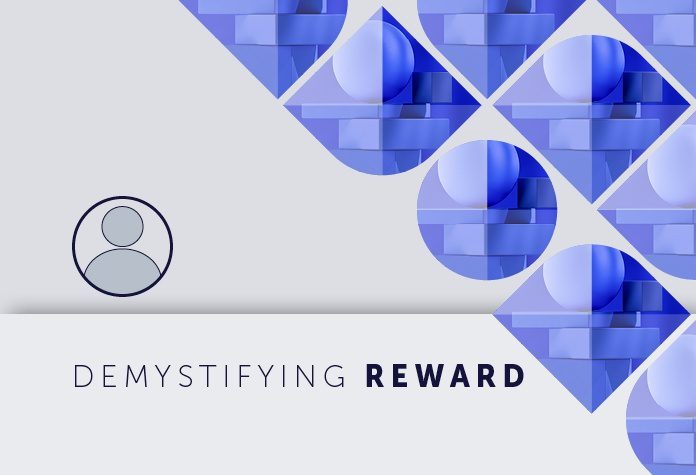Organisational Change
Four Things We Learned From CRF’s HR Director’s Community in 2023
This year, CRF has facilitated several meetings for our HR Director’s (HRD) community, providing opportunities for senior HR practitioners to come together, share their experiences and also hear from expert speakers. Read on for a summary of four key things we learned this year from our HRD community:
1. Against the backdrop of a challenging economic outlook, organisations should view people as an investment rather than a cost to be cut.
We began the year with a session focusing on the economic context in which HR functions are currently operating – slow growth and weak productivity, high inflation and labour market shortages. Against this backdrop, our community highlighted the importance of viewing people as an investment rather than as a cost to be cut, focusing on reskilling and redeploying, and scaling up capability and infrastructure to drive growth.
2. The European Works Council Directive is changing – European multinational organisations need to have a plan.
Bird and Bird’s Pieter De Koster led a session on the revision of the European Works Council (EWC) directive. An EWC is a body that represents employees in European multinational companies, with currently more than a thousand active EWCs across the continent. In 2023 the EU published proposed revisions to the EWC Directive which will lead to a fundamental change in EU-wide employee relations, ranging from reducing the timeframe of an EWC agreement to changing the fines for violating regulations. These proposed changes have put the business community on the defensive, who will need to ensure that their voice is heard at the national or business federation level.
3. Organisations should plan how they will support the economically inactive to return to work.
This year we also heard from the Office of National Statistics’ Darren Morgan on what the latest ONS data shows us about labour market trends. Unemployment is at a 50-year low, yet there was also a record number of vacancies in 2022 – for the first time ever, there was a vacancy for every single unemployed person.
Three groups have increasingly withdrawn from the labour market – the over 50s, the long-term sick, and women with caring responsibilities. However, looking ahead, there are opportunities: the 50+ are now more likely to say they would consider returning to work in the right conditions, and there will be a one-off youth bulge of nearly 0.5m 15-20 year olds who will be entering the workforce for the first time over the next few years.
4. Put on your own ‘oxygen mask’ before supporting others
And finally, in June of this year, Christine Brown-Quinn hosted a session on the importance of ‘Intentionality’ – the act of positioning in yourself in the right place for the right opportunities. Intentionality gives us the ability to reach and shape our career ambitions, feel more in control and enjoy the journey on the way. However, it’s all too easy to hide behind our own busyness due to a fear of what will happen if we focus on what we really want. With this in mind, it’s vital to prioritise opportunities for downtime and to fully switch off.
Interested in reading more about the challenges that businesses will need to navigate in the coming years? Click the below to read the analysis of eight expert contributors on the trends and influences that will shape their activities in 2024 and beyond.
HRD BRIEFING PAPER 2024
Navigating Change in an Uncertain World
MEMBER LOGIN TO ACCESS ALL CRF CONTENT





